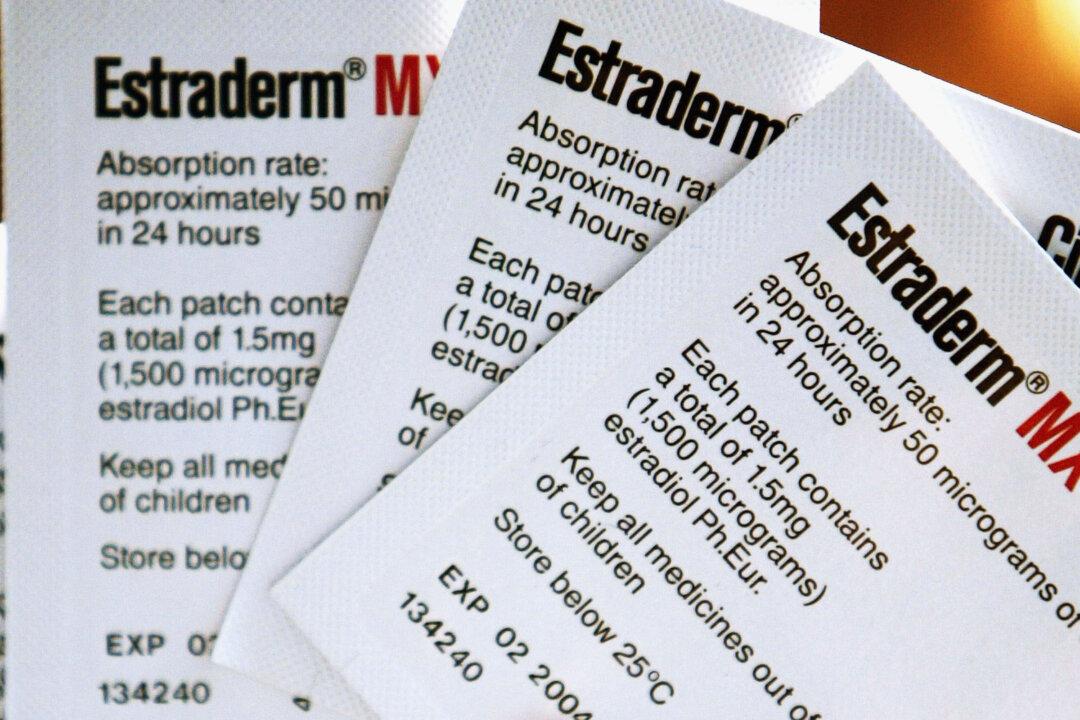Women experience “a huge amount of pressure” from social media to seek medical treatment to manage menopausal symptoms, according to a leading expert.
Dr. Paula Briggs, chair of the British Menopause Society (BMS) and sexual and reproductive health consultant at Liverpool Women’s Hospital, told The Epoch Times that while HRT is the “most logical and effective method to manage common symptoms” in many menopausal women, it’s “ very simplistic” to say the treatment would reverse all changes post-menopause and neglect lifestyle intervention such as exercises.





